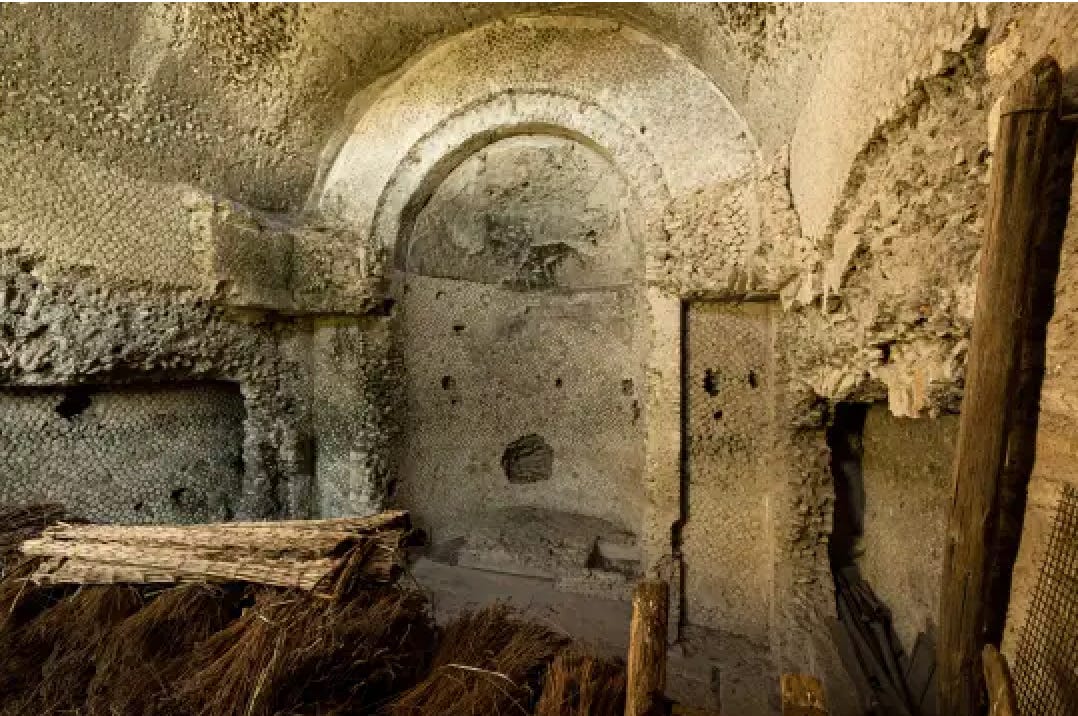Dear Classical Wisdom Members,
In the heart of the Tiburtine countryside, with a panoramic view of the historic town of Tivoli, lies the lovely church of St. Anthony of Padova, dated to 1485, as well as an ex-monastery surrounded by terraced gardens.
The Franciscan monks built these still standing structures on the Roman ruins believed to have belonged to none other than the great Poet of the Latin age of Literature: Horace.
The evidence of Horace’s era can be found in the lower level of the Villa, where a ‘Ninfeo’ or a monument consecrated to the nymphs, especially those of springs, still stands.
Of course, the region was beloved by Horace… as another villa, given to him by his patron, Maecenas, also bears the honor of his residence in nearby Licenza, Italy.
But enough of where Horace once eat his bread and rested his head… what of his life? His works? Today’s Member’s indepth article delves into this very subject, below.
But before you discover one of Rome’s greatest poets and his place in the Golden Age of Latin literature, take this opportunity to read the originals!
This week ONLY we are offering our Essential Classics Hardback Anthology, a stunning collection of all the greatest ancient Greek and Roman texts in one spot, for an extremely low price.
It makes for a perfect graduation gift, a reference, or a wonderful purpose-giving alternative to today’s noise, you can get your own edition - a book 100 years in the making - HERE:
Many folks have asked for the table of contents - you can see all it (including a good representation from Horace himself) below:
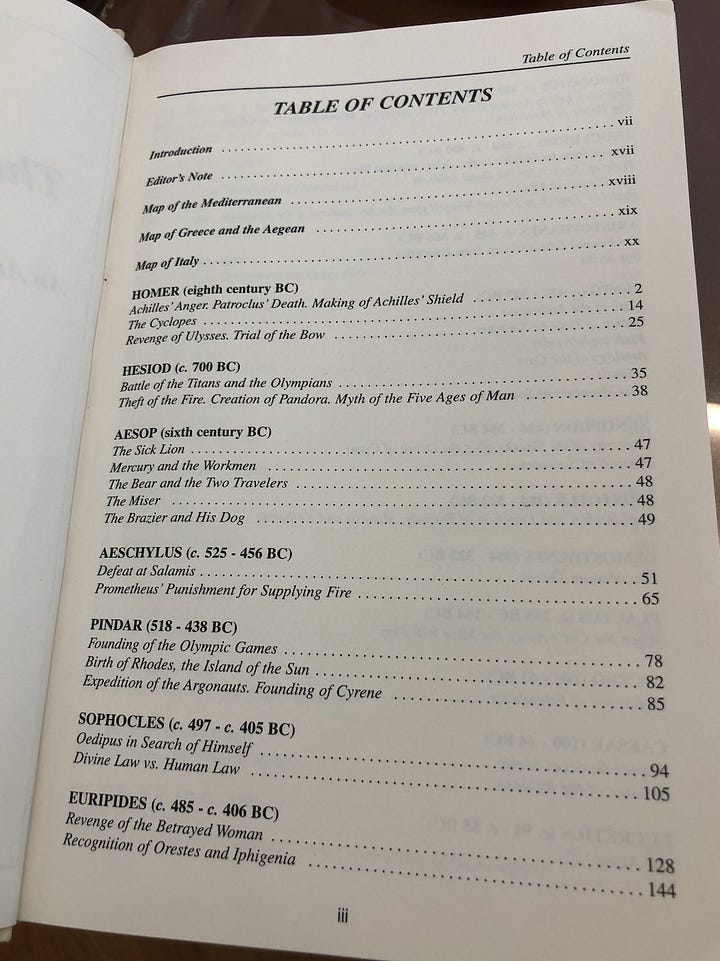
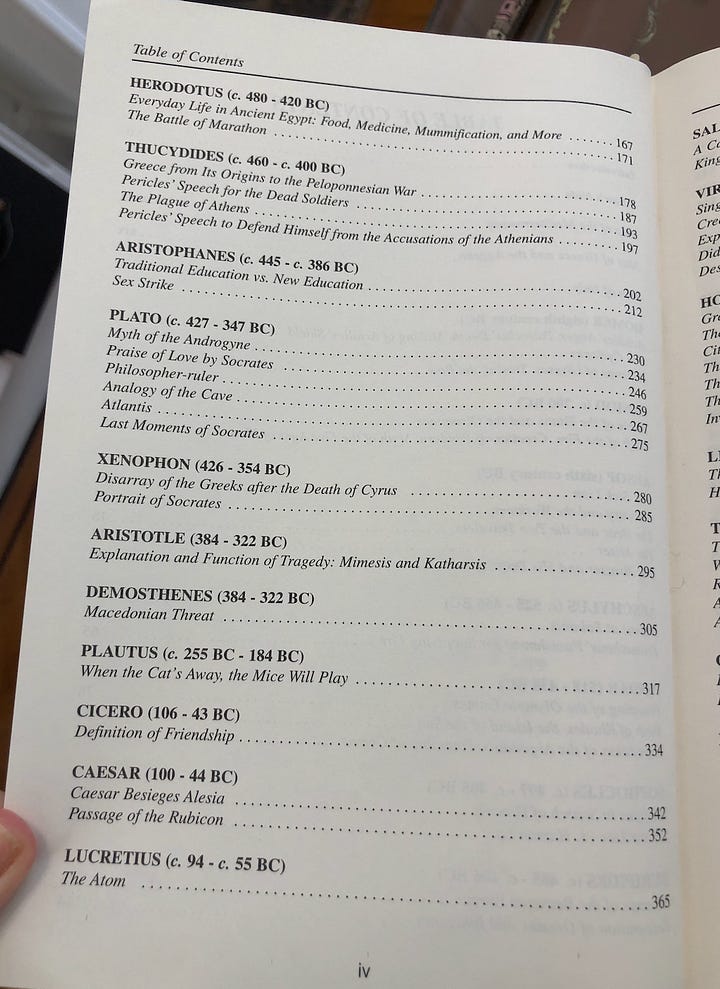
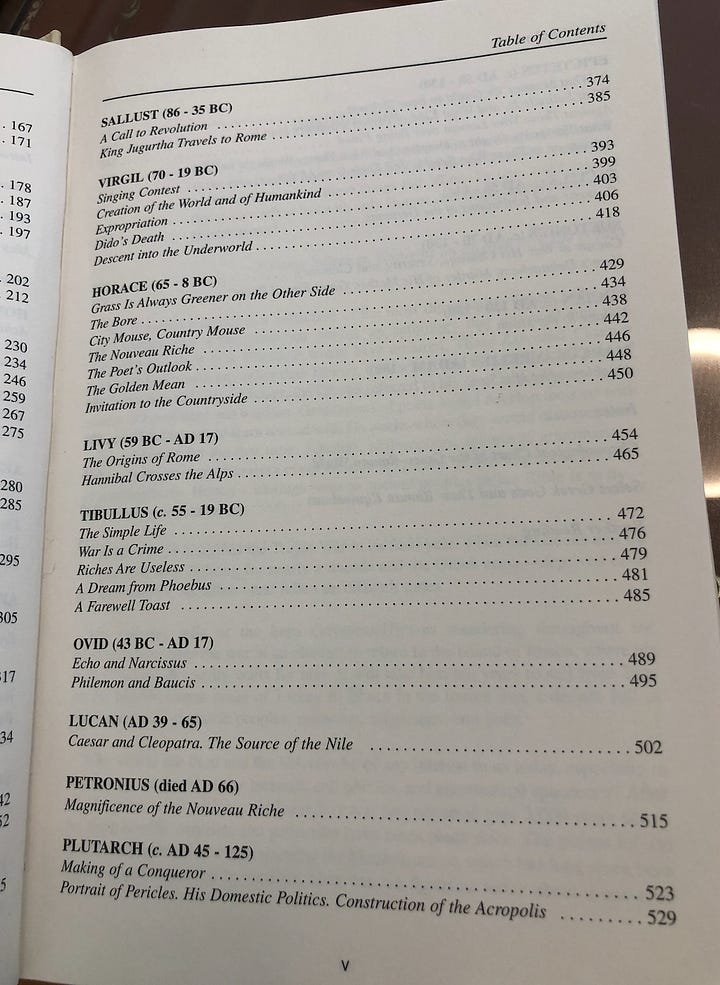
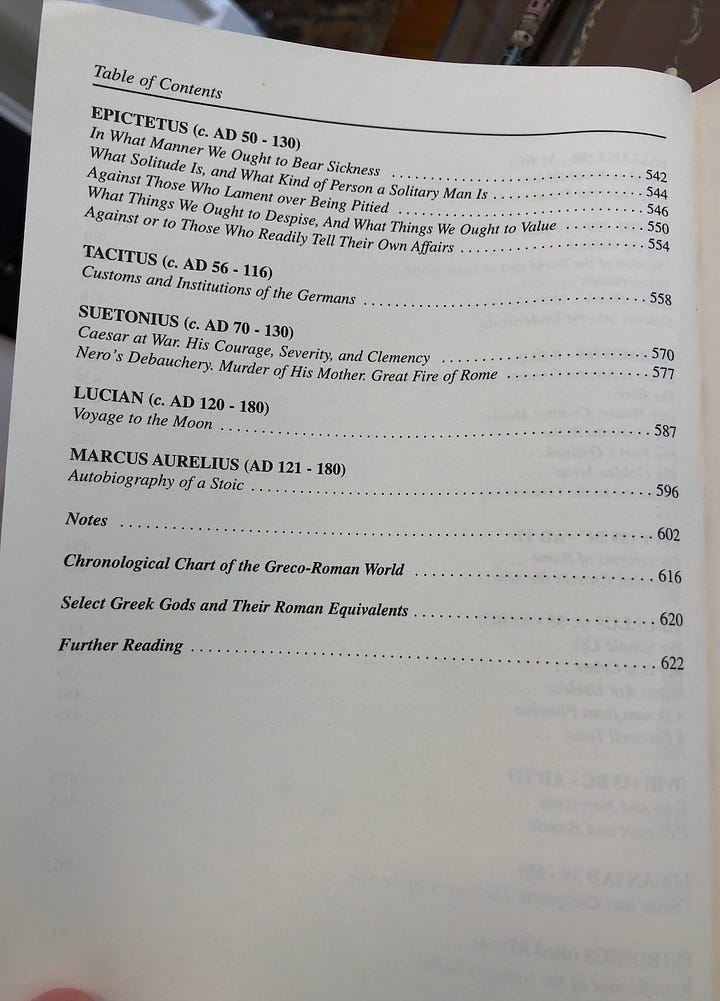
Make sure to get your copy at this price and while supplies for this limited edition last.
Now, onto the Golden Poet of the Golden Age…
All the best,
Anya Leonard
Founder and Director
Classical Wisdom and Classical Wisdom Kids
Horace – Poet of the Golden Age
by Ed Whelan, Contributing Writer, Classical Wisdom
“Mediocrity in poets has never been tolerated by either men, or gods, or booksellers.”
So wrote Horace, one of the most celebrated of all the Roman poets. He lived during the ‘Golden Age’ of Latin literature, which occurred in the last decades of the Roman Republic, and continued into the first century A.D. It was a time period when great writers such as Vergil, Livy, and others created masterpieces that have proven to be enormously influential… and Quintus Horatius Flaccus (65-8 BC), better known as Horace, was no exception.
It is through this outstanding Latin lyric poet and satirist that we can enjoy a unique insight into Roman life and thought of the period. He also provided a vision of the world that continues to inspire readers to this day.
The life of Horace
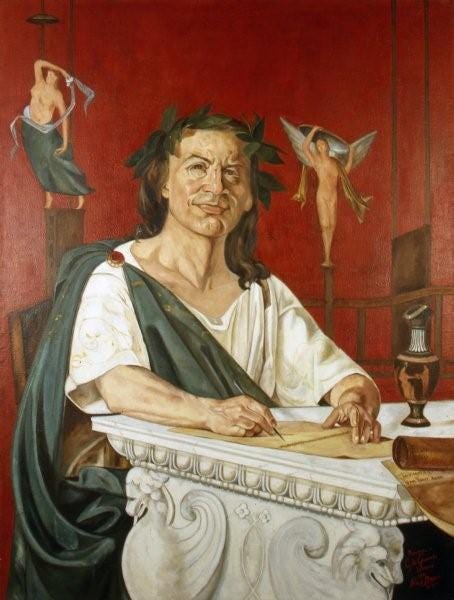
The poet was born to a freed slave who was probably originated from the highlands of central Italy. His father, whom Horace greatly respected, became a moderately successful businessman in Venusia. Horace’s family was affluent enough to send him to be educated in Rome and in about 46 BC the future poet travelled to Athens.
However, at this point his educational path took a turn. After the assassination of Julius Caesar, Greece was occupied by his assassins and so Horace joined the Republican army of Brutus and Cassius. While serving in the army, he became an officer, fought at the Battle of Philippi (42 BC) and commanded a legion. After the total defeat of Brutus and Cassius, Horace fled back to Italy.
He returned to discover that his father’s property had been confiscated by Octavian (later, better known as the first Roman Emperor, Augustus).
Keep reading with a 7-day free trial
Subscribe to Classical Wisdom to keep reading this post and get 7 days of free access to the full post archives.





